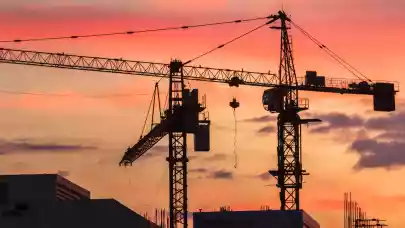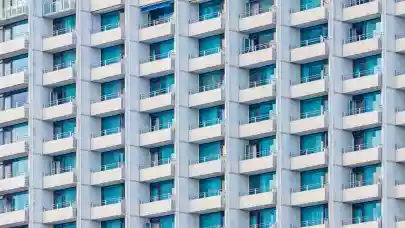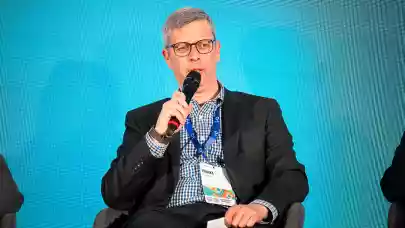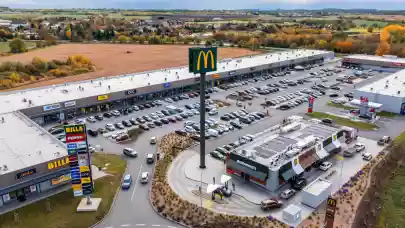
Arcadis has published the annual results of the International Comparison of Construction Costs which demonstrates that the building industry has shown its resistance worldwide during the pandemic. Many governments took advantage of fiscal stimuli to support their economies, which has reflected an increase in infrastructure investment of the public sector. Within CEE, Vienna (#30) has by far the highest construction costs, followed by Zagreb (#64), Bucharest (#65), Sofia (#66), Prague (#66), Warsaw (#70), Belgrade (#72) and Krakow (#75).
The Arcadis ICC Index 2021 monitors 100 cities of the world and evaluates their construction costs and market conditions. The study also considers the building industry with regard to the current COVID-19 economic crisis and the ongoing climatic change for the second consecutive year.
Worldwide comparison:
- The COVID-19 pandemic became a test of endurance of the building industry in 2020 and it demonstrated its resistance worldwide. Construction costs have not changed.
- The public sector, which provided particular economies with fiscal stimuli by means of infrastructure investments, has become a powerhouse in many countries.
- With regard to the current economic decrease, investors tend to consider their projects more and to assess their total value, feasibility and economic return as well as sustainability and carbon neutrality.
- Arcadis expects that the consequences of the pandemic in the building industry will be seen later. Part of investors´ funding will move outside the building industry, which will adversely impact the cash flow of construction companies.
In the long term, western European cities take first places within an annual ranking of international construction costs (The ICC Index). There are seven of them in the top ten in the ICC 2021, i.e. Swiss cities of Geneva and Zurich, British London and Irish Dublin, Danish Copenhagen and Norwegian Oslo. The lowest constructions costs are in Asian cities (in India, Malaysia and Vietnam) and Africa (in Kenya and the Republic of South Africa).
Within eight monitored cities in the CEE region, Prague is in the middle. Construction costs are higher in Vienna, Zagreb and also in Bucharest and Sofia. Two Polish cities of Warsaw and Krakow and Serbian Belgrade are close behind Prague.
“Due to long-term contracts and extensive projects, the construction market tends to remain unchanged for a long time. Despite the COVID-19 pandemic construction costs are at their maximum in the Czech Republic. It is influenced by a limited capacity of local construction companies, lack of construction workers and construction material from abroad, an annual increase in labour costs and construction material prices. In 2021 construction costs will grow moderately in the range of several percent (0-2%),” says Milan Vencl, Cost Consultant of Arcadis.
Josef Kalabis, Senior Consultant of Arcadis adds: “Developers of residential projects, logistics properties and production premises have been the most active development companies since last year in the Czech Republic. In terms of retail, the construction of retails parks and warehouses for e-commerce has prevailed. However, the COVID-19 pandemic has been an opportunity to stimulate modernisation, which owners of hotel properties and partially also shopping centres, where common spaces and food courts underwent a renovation, seized. We have monitored no changes in terms of office buildings.”
Crisis as a chance for change
The building industry is responsible for almost 12% of the global CO2 emissions, so it significantly contributes to global warming. Despite this fact, it is lagging significantly behind in adaptation to climate change. The driving force of structural changes in Europe is requirements of European legislation, requirements of real estate investors and public opinion (emphasis on sustainable business).
“Although we focused mainly on coping with the global health crisis, climate change has still been our main challenge and it is important for the building industry to take better account of sustainability,” says Andrew Beard, leader of Cost Management Team in Arcadis company, and he adds: “Recovery programmes that are being launched are an opportunity for long-term change and for setting sustainable future. Each investment should be not only quantifiable return but also a clear contribution to sustainability and carbon neutrality.”
Within the CEE region, the Czech Republic is a country with the highest number of commercial properties with the LEED or BREEAM internationally recognized environmental certificates.
“Whether it is a renovation or a new project, sustainability is current in the Czech market and developers are mostly open to it,” concludes Josef Kalabis from Arcadis Czech Republic.



